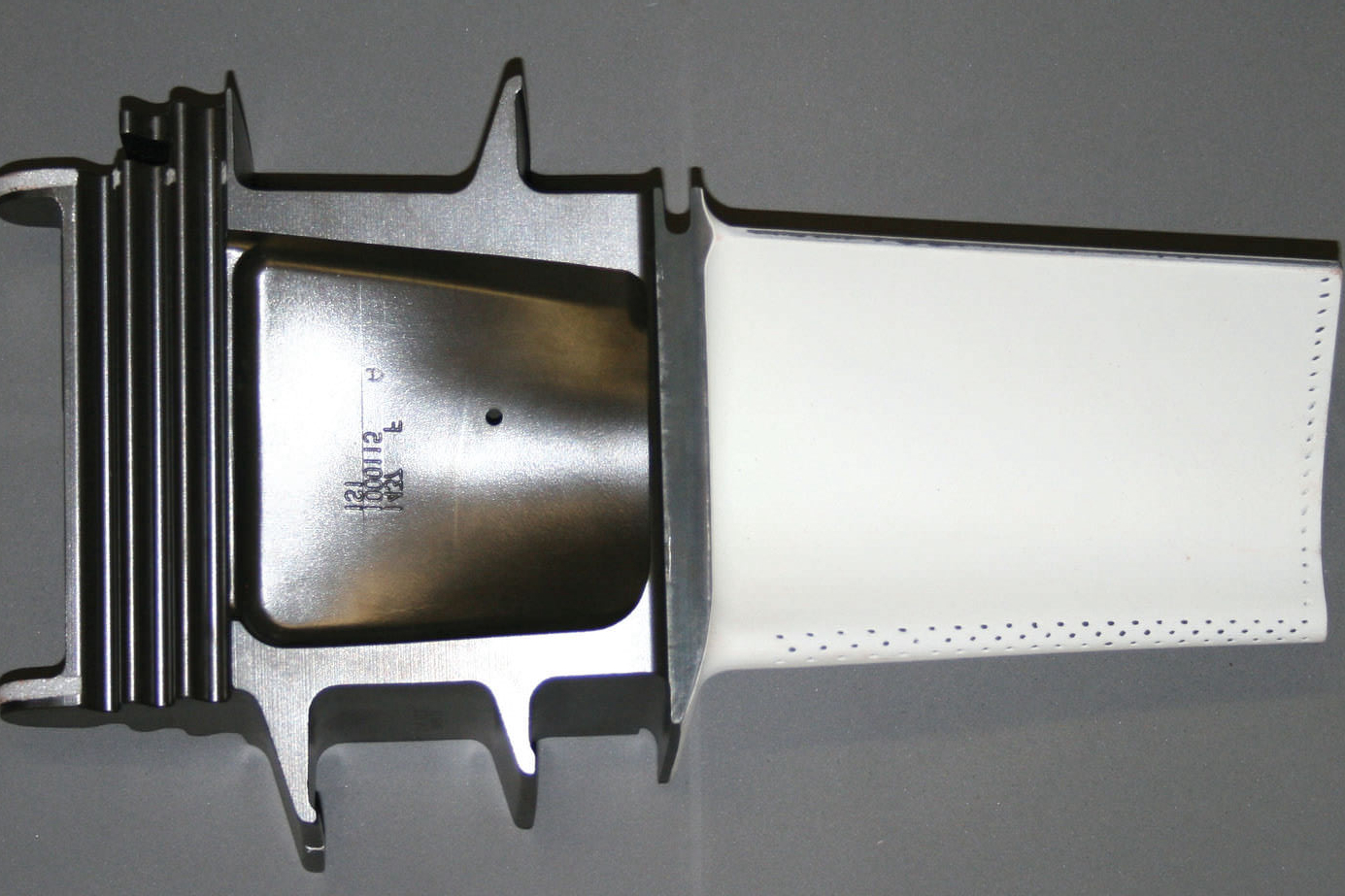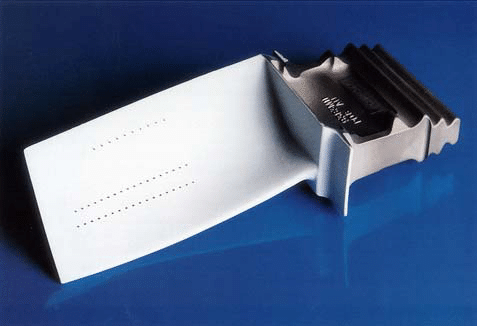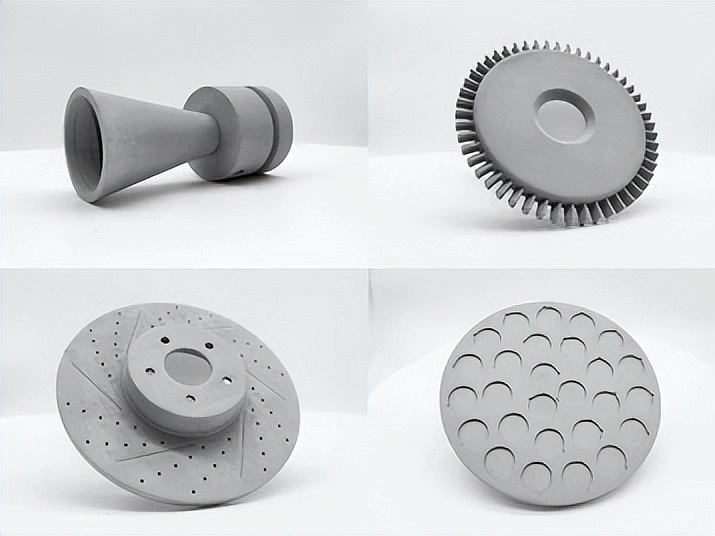What industries benefit most from ceramic additive manufacturing?
What Industries Benefit Most from Ceramic Additive Manufacturing?
Medical and Healthcare
Ceramic additive manufacturing plays a critical role in producing biocompatible, sterilizable, and mechanically stable components for medical applications. Materials like Hydroxyapatite (HA) and Zirconia (ZrO₂) are widely used in dental crowns, orthopedic implants, and bone scaffolds. These ceramics offer excellent bioactivity and long-term stability, and additive manufacturing enables patient-specific geometries that enhance integration and surgical outcomes.
Electronics and Semiconductors
High-performance ceramics such as Alumina (Al₂O₃) and Silicon Nitride (Si₃N₄) are used in electronic substrates, insulators, and heat dissipation components. Additive manufacturing enables intricate geometries for insulating bodies, connectors, and microchannel heat sinks in miniaturized electronic assemblies, with excellent dielectric strength and thermal conductivity.
Aerospace and Defense
Ceramic components are used in aerospace and defense applications requiring high-temperature resistance, thermal insulation, and structural strength. Silicon Carbide (SiC) and Spinel (Magnesium Aluminate) are suitable for infrared domes, thermal shielding, and structural insulators. Additive manufacturing allows complex, weight-optimized structures with precise tolerances.
Industrial and Chemical Processing
Ceramics such as Silicon Dioxide (SiO₂) and Glass-Filled Ceramics are used in chemical reactors, pump components, and filtration devices due to their chemical inertness and thermal shock resistance. Additive manufacturing enables customized flow geometries and rapid development of corrosion-resistant parts.
Energy and Power Systems
In energy applications, ceramic additive manufacturing is leveraged for components in solid oxide fuel cells (SOFCs), insulators, and thermal barriers. Aluminum Nitride (AlN) and Yttria-Stabilized Zirconia (YSZ) are commonly used due to their high thermal conductivity and ionic conductivity.
Customer-Oriented Solutions and Services
We provide specialized ceramic AM support for various industries:
3D Printing Technologies:
Access Ceramic 3D Printing using Vat Photopolymerization and Binder Jetting for industry-grade production.
Technical Ceramic Materials:
Choose from materials such as Zirconia, Silicon Carbide, and Hydroxyapatite for industry-specific performance.
Industry Solutions:
Explore applications in medical and healthcare, energy and power, and consumer electronics, supported by surface treatment and CNC machining.



